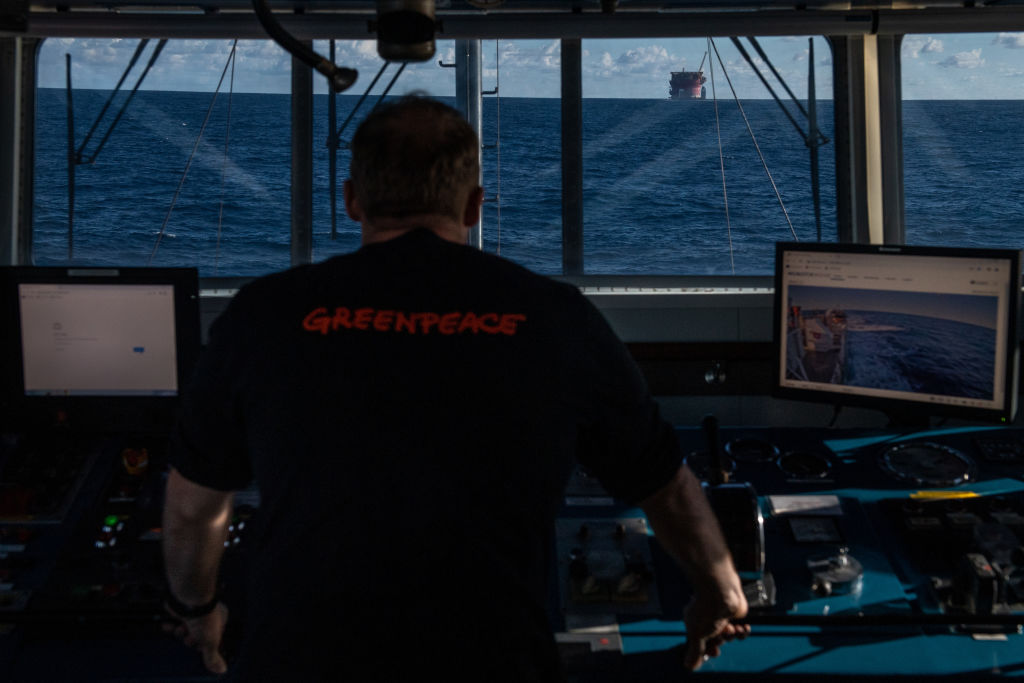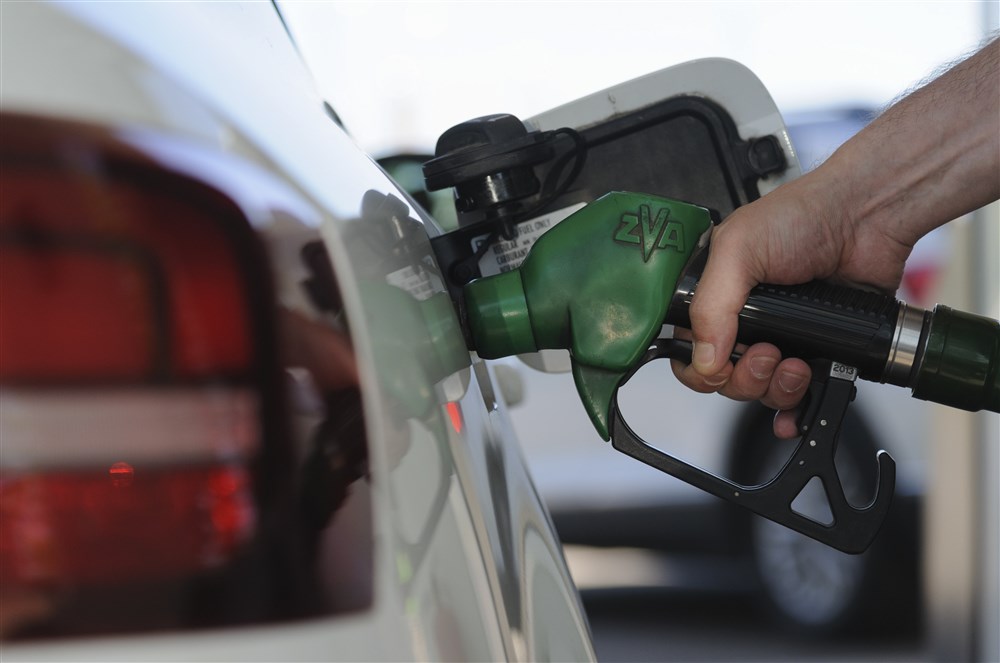The chief executive of the Dutch bank ING has announced that client companies deemed to be not doing enough to reduce their negative impact on the climate will not receive new funding from the lender.
Speaking to British newspaper the Financial Times on September 19, ING chief Steven van Rijswijk said the bank had notified its clients that it would either restrict or stop providing finance to firms that failed to address their carbon footprint, on a case-by-case basis.
According to him, ING has evaluated 2,000 of its biggest clients using information from their publicly accessible climate transition plans as well as other sources. Businesses have been given until 2026 to improve sufficiently, van Rijswijk added.
“Our goal is to make sure we fight climate change. It is not to say goodbye to clients,” he said, adding: “But if it is about them not being willing [to address their carbon footprint] then that will mean we will say ‘goodbye’ [to them].”
ING said it aimed to be “in tandem with Paris”, referring to the international treaty on climate change signed in 2016 and which was designed to limit rising global temperatures to less than 2°C above pre-industrial levels.
Alongside considering whether businesses were carrying out their transformation plans, ING said it would check if their efforts were what it described as sufficiently ambitious for their relative industry.
Climate change poses hazards to society and the economy, argued Van Rijswijk. “We are a bank that is financing the economy and financing the society, and a big societal challenge is the transition … In the end, if we get to a healthy society with sustainable progress for everybody … that is good for society and for banks.
“There is also a financial risk involved. There are companies in there who have more imminent financial risks because their assets might be stranded,” he added, referring to shipping and airlines that will need to improve vessels’ and planes’ carbon footprints and loans associated with such.
Shipping and commercial real estate were identified as among the industries that lagged behind in reporting climate policies, according to ING’s analysis.
Additionally, van Rijswijk said, from 2025, the bank will no longer offer extra funding for LNG export terminals, as per the International Energy Agency’s recommendations. ING presently finances about five such projects each year, it said.
The lender said it was also halting any fresh funding for upstream pure-play oil and gas businesses exploring untapped geographical areas.
In 2023, the bank introduced limitations on its clients in the real estate sector. Those customers were required by ING to draw up a sustainability plan or face being denied financing for new projects.
Critics have said the bank’s standpoint marked a form of “woke capitalism” or “woke corporatism”, where clients are forced to adhere to the political goals of a company.
Other lenders, financial institutions and investors have been dropping what have been seen as too demanding climate goals because they undermined their operations.
ING has been charged by some as being hypocritical with its move. Milieudefensie, a Dutch environmental organisation, has filed several “klimaatzaken” (climate cases) against major corporations and governments to compel them to take action against climate change. One of those cases is against ING.
The environmental group has demand that the lender halve its overall emissions and that “ING stops partnering with polluting companies that continue to endanger our future.”
Milieudefensie claimed ING was a “financier of the climate crisis”.
On September 19, the environmentalists alleged on social media that ING emitted four times more greenhouse gases than it has reported. They added that was the “tip of the iceberg” because “ING only partly reports about its total emissions.”
The bank’s efforts were “not worth mentioning”, Milieudefensie concluded.
Vandaag gaf ING ons een kijkje in zijn keuken. En het is vuiler dan we ooit konden voorstellen.
ING blijkt veel meer uit te stoten dan de bank zelf communiceert. Wel 4 x meer! Dit benadrukt hoe belangrijk onze Klimaatzaak tegen ING is.✊
Word mede-eiser: https://t.co/F5XtqLZnFz pic.twitter.com/ylCw95hxQU
— Milieudefensie (@milieudefensie) September 19, 2024





